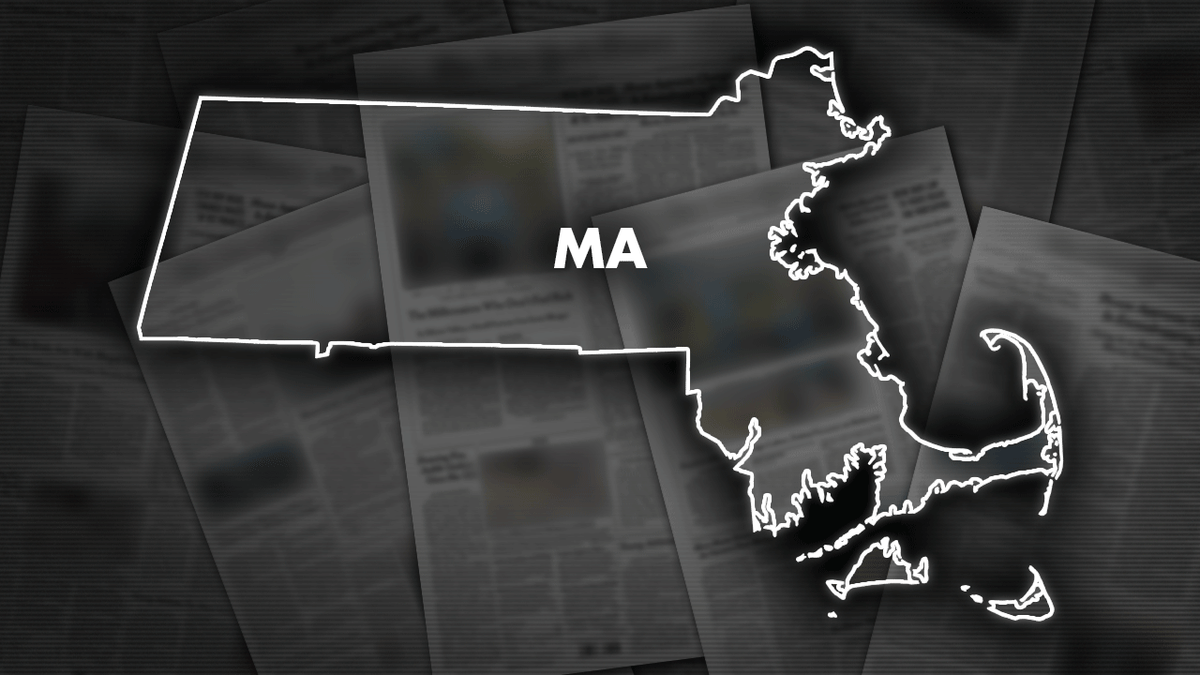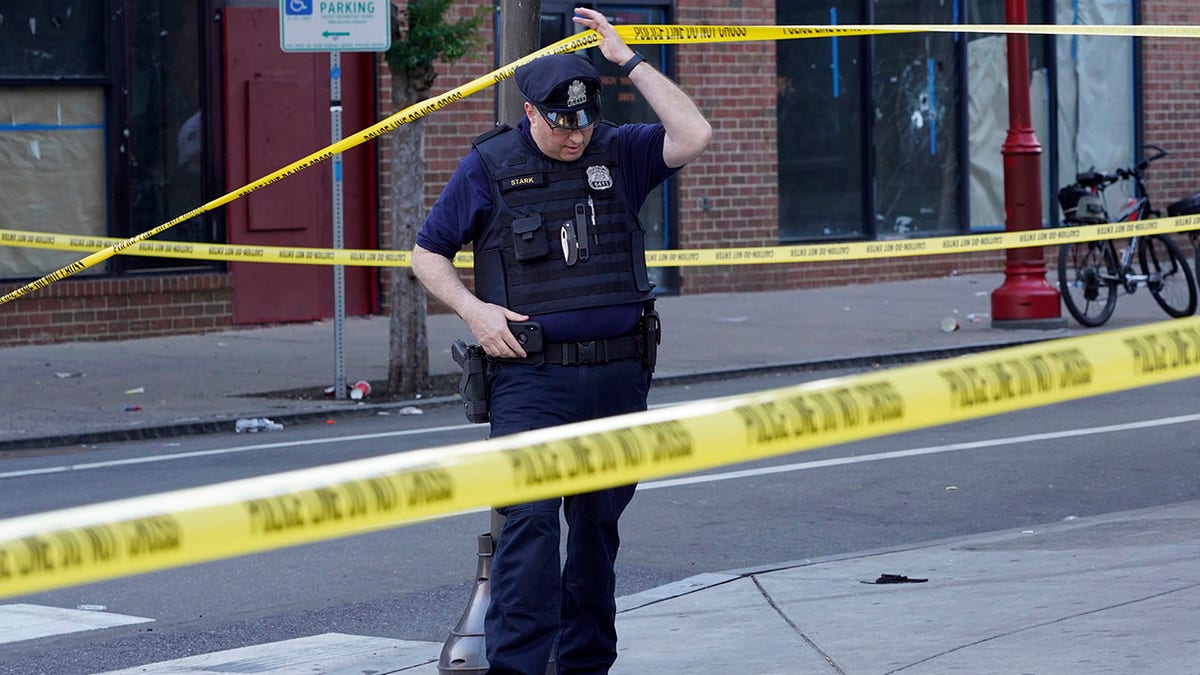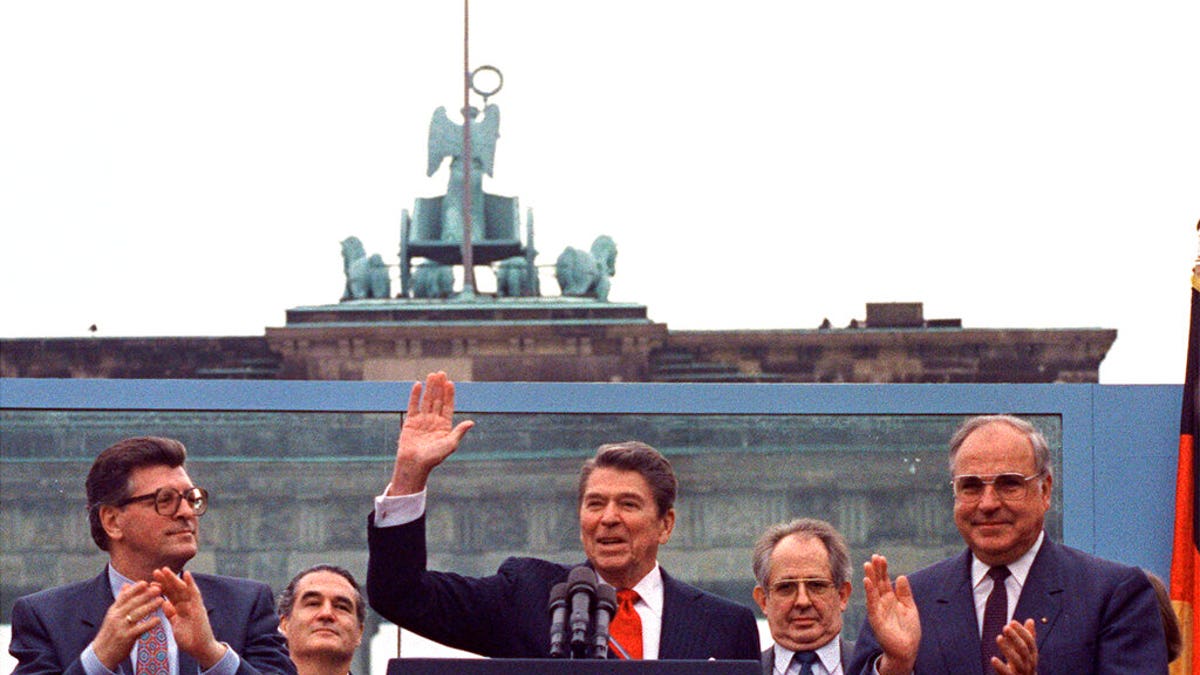Just days before a Senate subcommittee inquiry into the PGA Tour's proposed alliance with Saudi Arabia's Public Investment Fund (PIF) and the DP World Tour, PGA Tour Commissioner Jay Monahan asserted that the American golf circuit was "left to fend for itself" against the Saudi's aggressive takeover attempt.
In a letter to lawmakers, Monahan argued that the PGA Tour's position was compromised by the existing geopolitical relationship between the United States and Saudi Arabia, hindering their ability to compete with the PIF's substantial resources, estimated at $620 billion. The Wall Street Journal reported that the PGA Tour had already spent $50 million in legal fees and allocated an additional $100 million for increased tournament prize money.
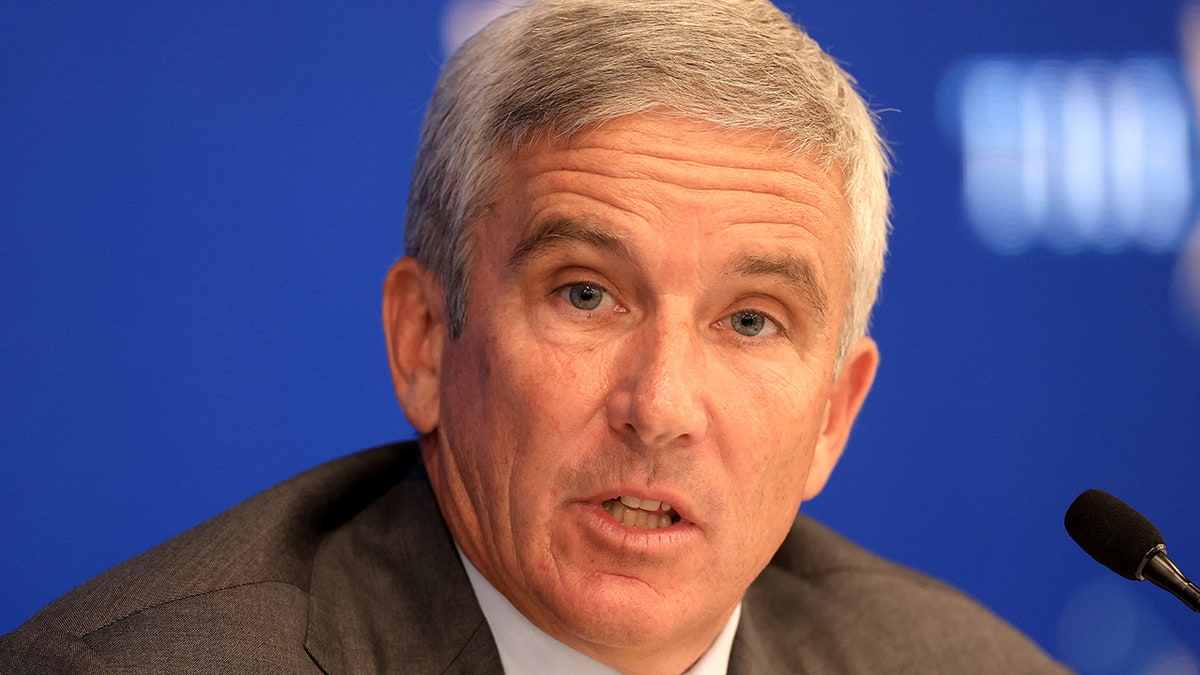
The proposed agreement, though not yet finalized, would resolve all ongoing legal disputes between the PGA Tour and the PIF. The emergence of the LIV Golf circuit, backed by the PIF, has lured several top golfers away from the PGA Tour with lucrative contracts, some exceeding $100 million. The PGA Tour reacted by significantly boosting its own tournament prize money.
Monahan's letter explained that the PGA Tour had engaged with members of Congress and policy experts regarding the PIF's efforts to dominate professional golf in the United States. Despite receiving some written support, the Tour felt largely unsupported in its fight, purportedly due to the complex U.S.-Saudi relationship.
He stressed that protracted legal battles could have continued for years, incurring significant costs and threatening the PGA Tour's long-term viability. This concern ultimately led to the decision to pursue an agreement.
Three days after Monahan's letter, which was first reported by Politico and later obtained by The Associated Press, Senator Richard Blumenthal (D-Conn.), chair of the Senate Permanent Subcommittee on Investigations, requested records from both the PGA Tour and Saudi golf entities, citing "serious questions" surrounding the agreement's origins. He also requested information about the PGA Tour's plans to maintain its tax-exempt status. The exact recipients of Monahan's letter remain unclear due to redactions, but it is believed that it was not distributed to all members of Congress.
Monahan emphasized that the agreement is not a merger with LIV Golf, but a pooling of business interests between the PIF, the PGA Tour, and the European tour. The future of LIV Golf beyond the current year remains uncertain, as does the potential return of players who defected to the Saudi-backed league.
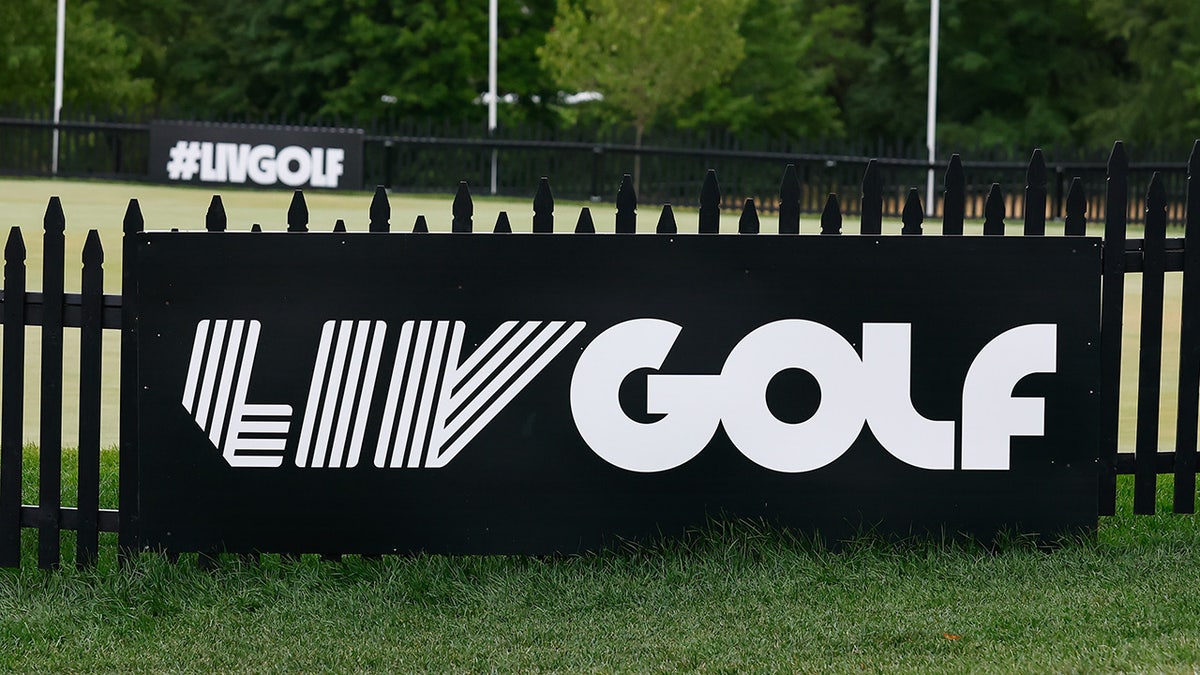
Monahan clarified that the PGA Tour would retain control of the new for-profit entity, with himself as commissioner and New York attorney Ed Herlihy as chairman of the board. He would also serve as CEO of the new entity, with Yasir Al-Rumayyan, governor of the PIF, as chairman. An executive committee comprised of Monahan, Al-Rumayyan, Herlihy, and PGA Tour board member Jimmy Dunne would oversee the new venture.

Monahan assured that the PGA Tour would hold the majority of board seats and maintain control, regardless of the PIF's investment size. He characterized the PIF's involvement as an investment similar to those they have made in other U.S. companies, emphasizing that the PGA Tour and its tournaments would continue their operations as before, generating charitable and economic benefits for the communities where they are held.



